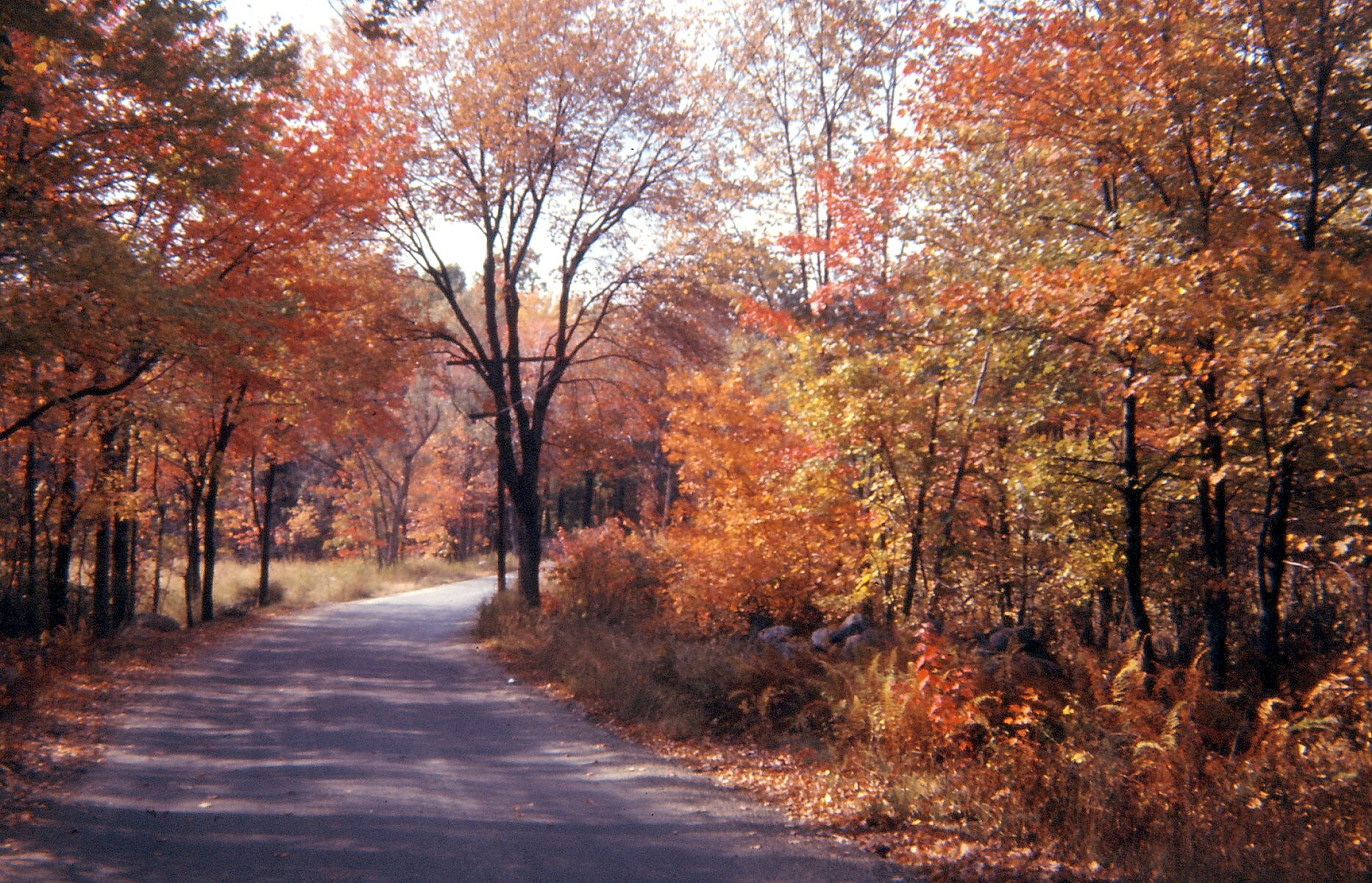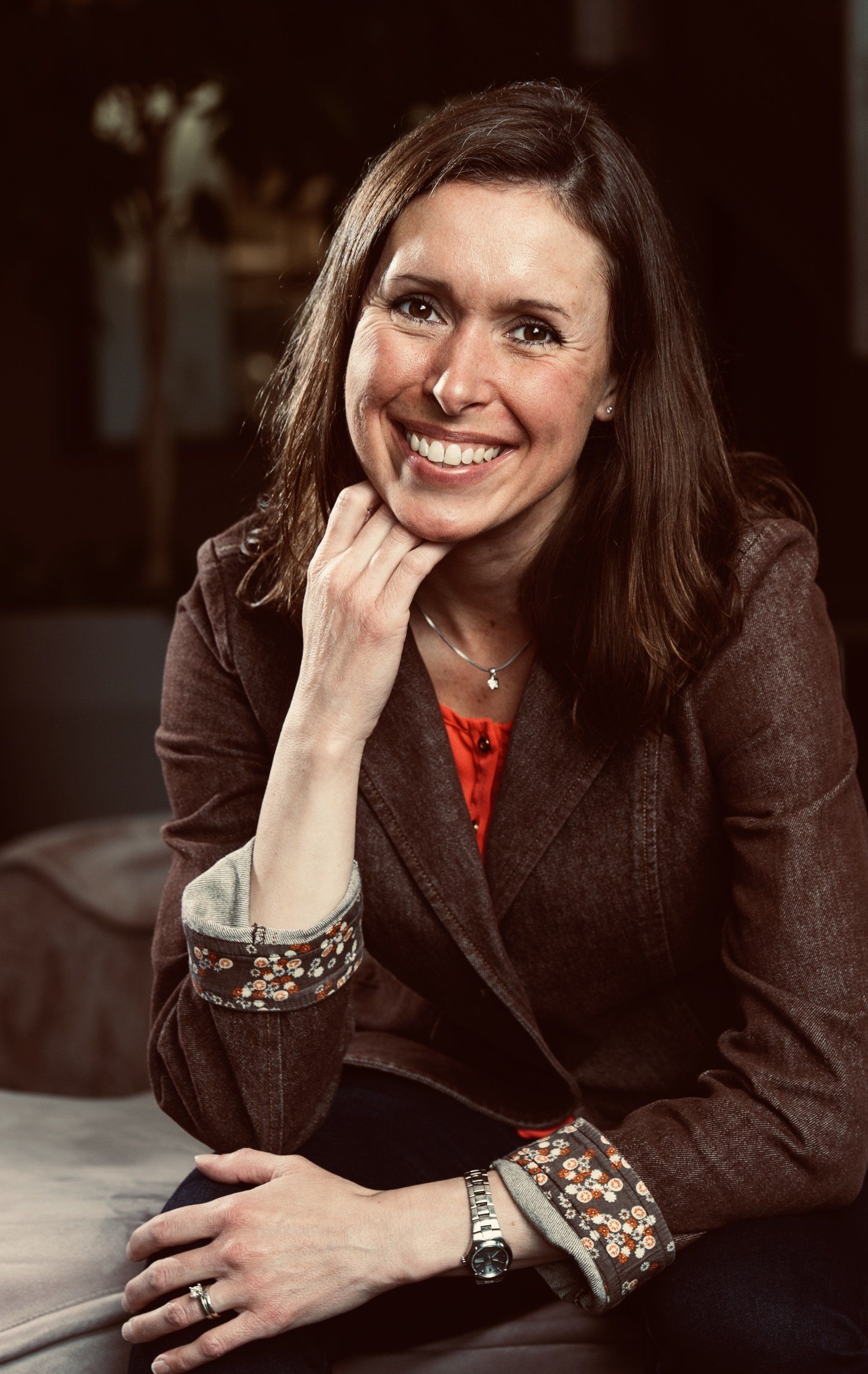Trust, Traditions, and Turkey
Who are the profound leaders in our own lives?
Curator's Note: This essay introduces Heidi K. Scott . Heidi is a doctoral student in our Adult, Organizational Learning and Leadership Program at the University of Idaho. She is an accomplished and talented professional. We are so grateful to have her and the other doctoral students in our program. Here she continues the discussion about research being initiated to learn about profound leadership that Davin Carr-Chellman teed up with his essay, The Greased Pig Of Leadership , last week.
Over the past year or so, I worked with Michael Kroth, Davin Carr-Chellman, Laura Holyoke, and Leslie Hammes exploring profound leadership, and conducting a literature review. As Davin Carr-Chellman wrote in the post, The Greased Pig Of Leadership , the focus on servant leadership flips over traditional power structures, is rooted in authenticity, and requires hard work. Michael Kroth writes about humility , gratitude , and profound leadership as a sacred trust ; recognizing the higher calling and depth of leader responsibility.
In our review of the literature, four elements came forth: curiosity, humanity, growth, and learning. Just saying those words tips our hats to service, trust, and gratitude. Yet, are these words we use to describe leaders? Do we see a leader with an ardent desire to learn as curious ? When a leader shows their humaneness and benevolence , do we see this as leadership? When a leader is still growing , do we accept this? If a leader acknowledges a willingness to learn , do we see this as leadership?
These questions provoke our concept of profound leadership. Rooted in profound learning , we believe a profound leader can drive performance while serving others. I am grateful for those in my life who have shown me this combination is possible, by starting with humble beginnings and leading to valuable lessons.
My great aunt Margaret lived to 100. Months before her death, when my husband and I shared with her that we were expecting our son, she told us it was a red-letter day. When I was a child, she taught me to enunciate and the expectations for lady-like behaviors. After graduating from college, she was a teacher in the 1930s & 40s, working in a one-room schoolhouse. Later, actively involved in her local community church and reading club, she led the documentation of family genealogy. Hundreds of friends, family, neighbors, students, and community members turned out for her celebration of life, showing her profound impact.
Grandmother Ruth, who lived to 95, was also a college graduate, receiving her masters degree in the 1970s. As a child, I remember her worldly travels, hearing about her visits to foreign lands on student trips. A teacher, longtime community member, and active in church, her home was host to family gatherings and learning opportunities. She was smart, strong, and loved school, giving back in generous and grateful ways.
Do we see those who offer boldly, give kindly, and share authentically as leaders? Are there profound leaders in our own lives? Can we learn from the profound leaders of our past? What difference can these profound leaders make in our workplace, communities, and society? As Michael Kroth suggests, these practices can be learned. If so, what can each of us do to have a profound impact on someone else?
Each year great aunt Margaret and Grandma Ruth led us in our Thanksgiving blessing. I still think to them when we share our gratitude, embrace our traditions, and remember our leaders of the past; while seeking out the profound leaders of our future.
Heidi K. Scott is a doctoral student with the University of Idaho, with years of professional work experience, striving to be a lifelong learner. She loves spending time with her family, exploring the outdoors, and seeking new challenges. Born and raised in New England, she appreciates her heritage and is grateful for new explorations in the West.
Image Attribution: Attribute image author: By inkknife_2000 (7.5 million views +) - https://www.flickr.com/photos/23155134@N06/6473435271/ , CC BY-SA 2.0, https://commons.wikimedia.org/w/index.php?curid=57455293












